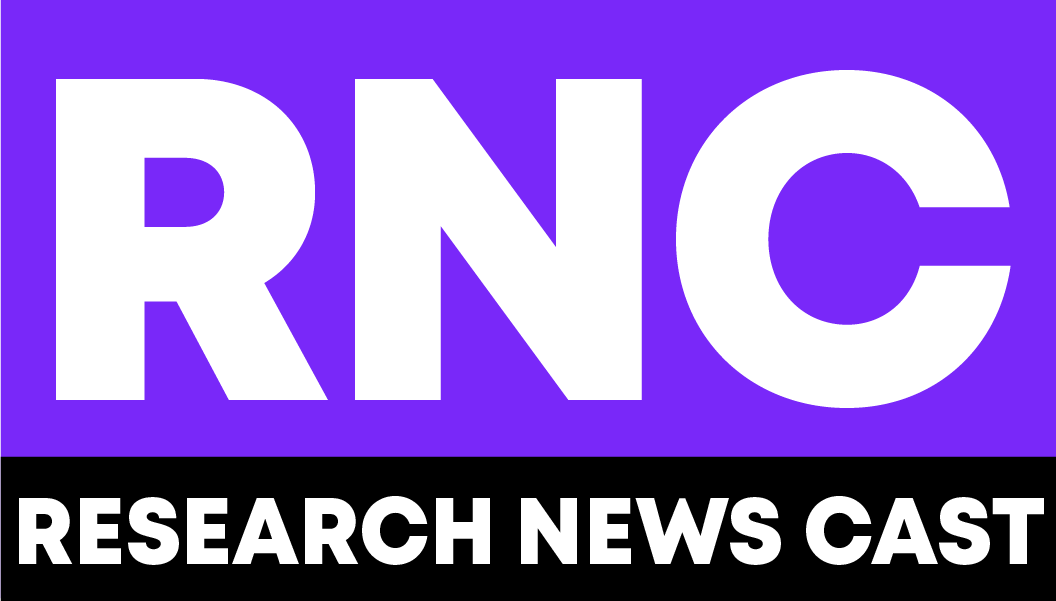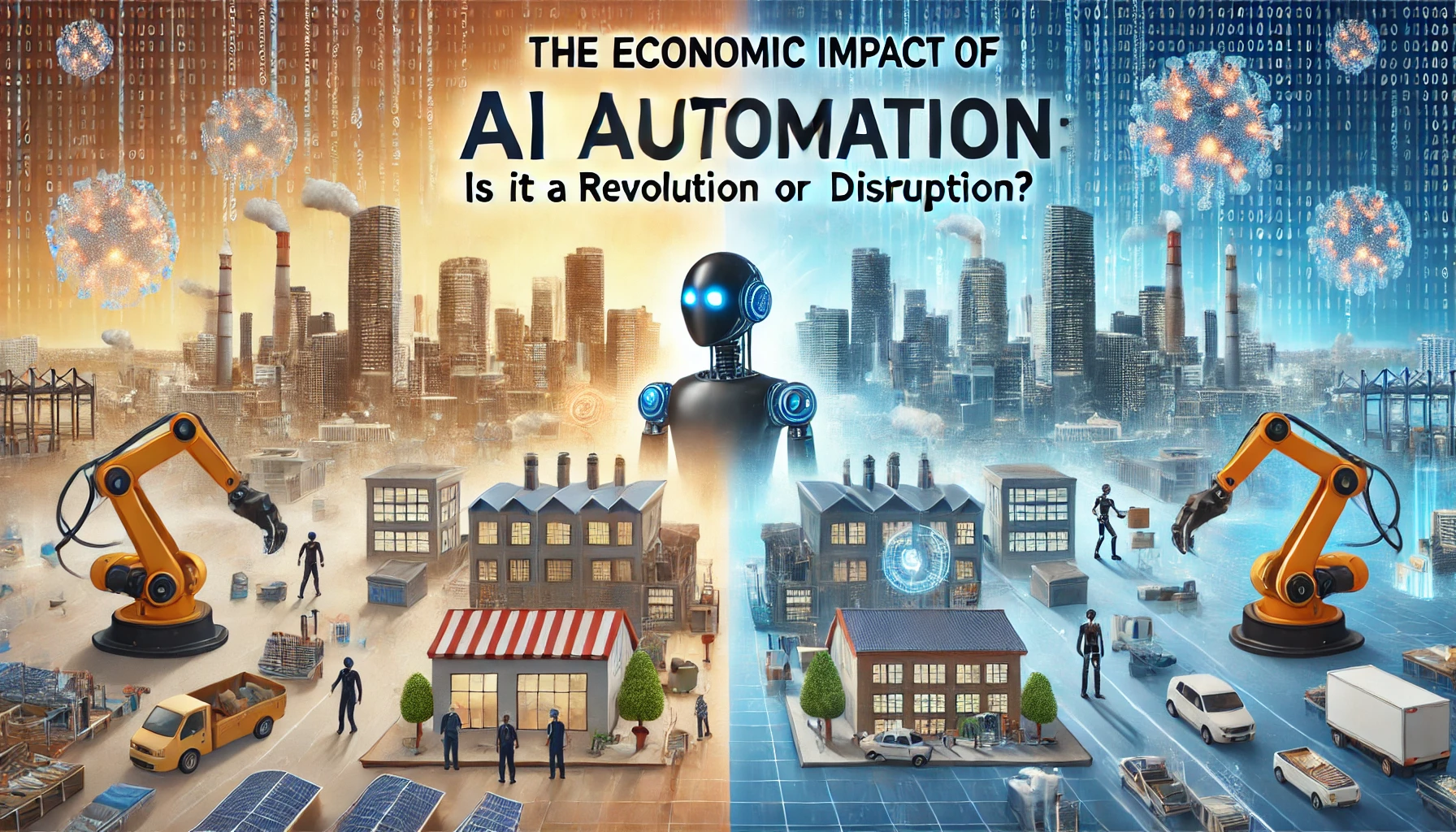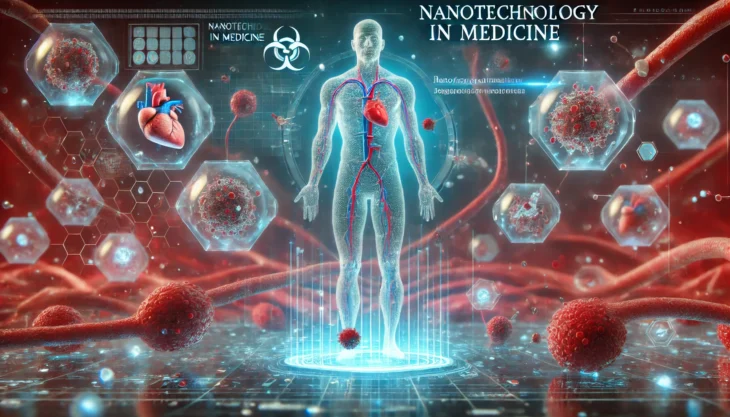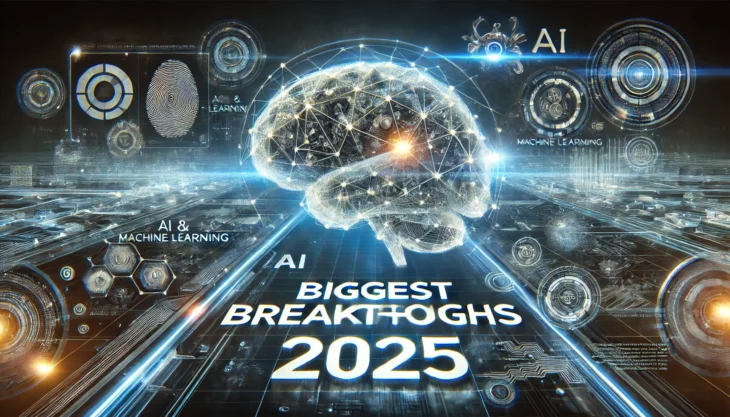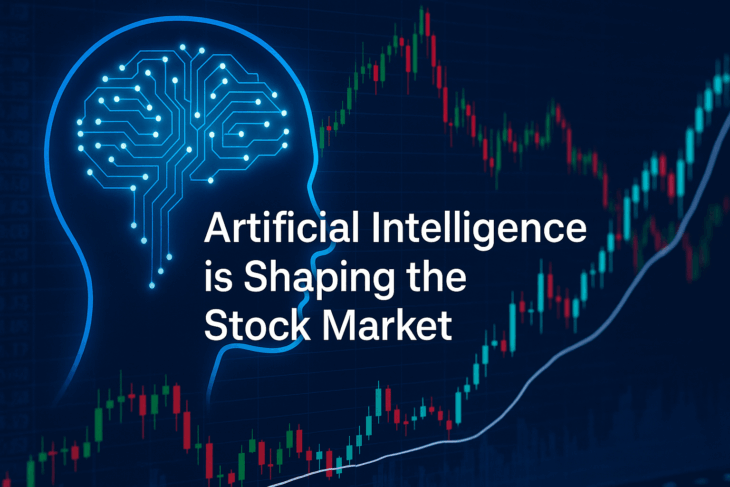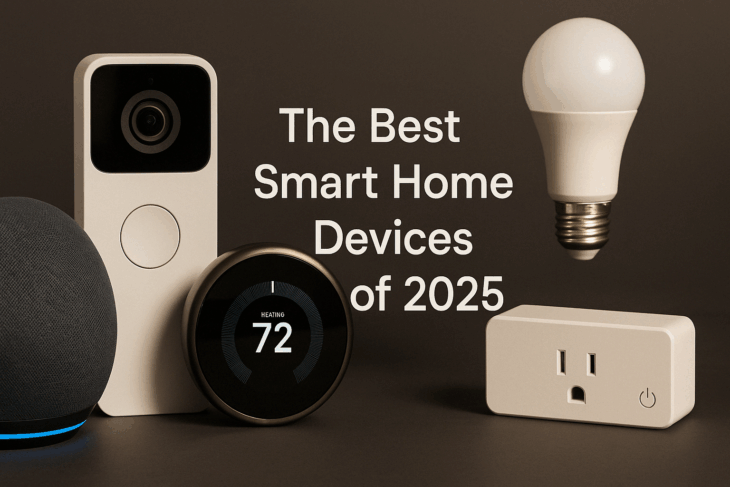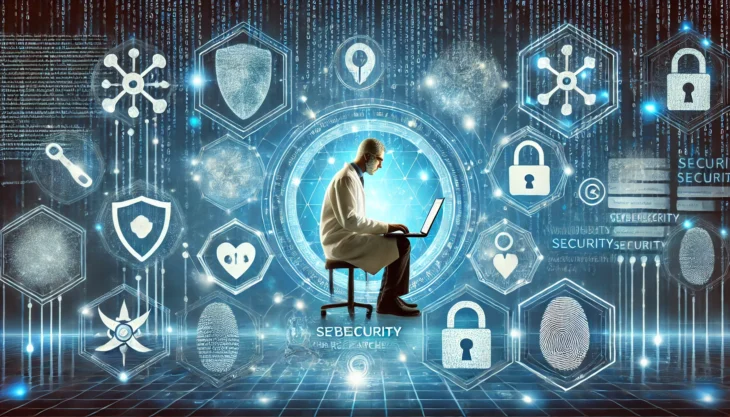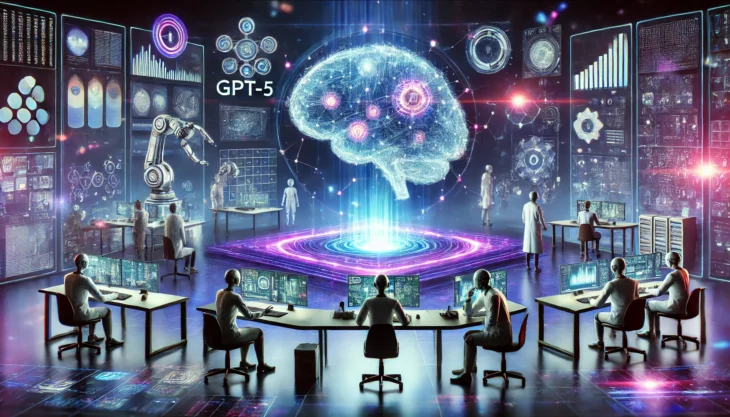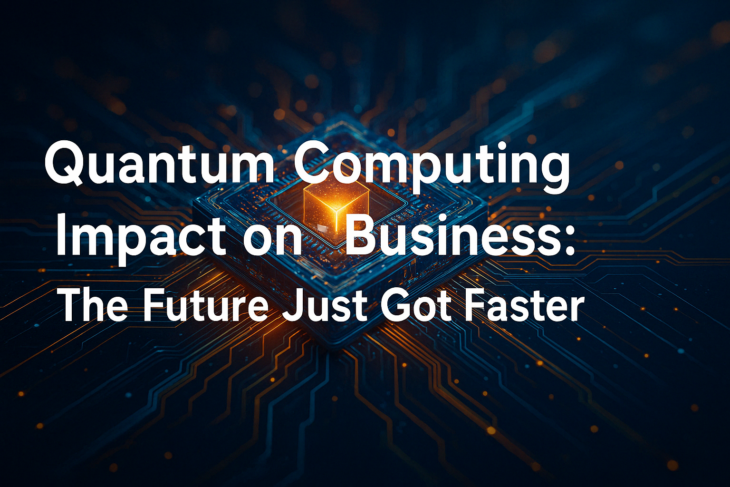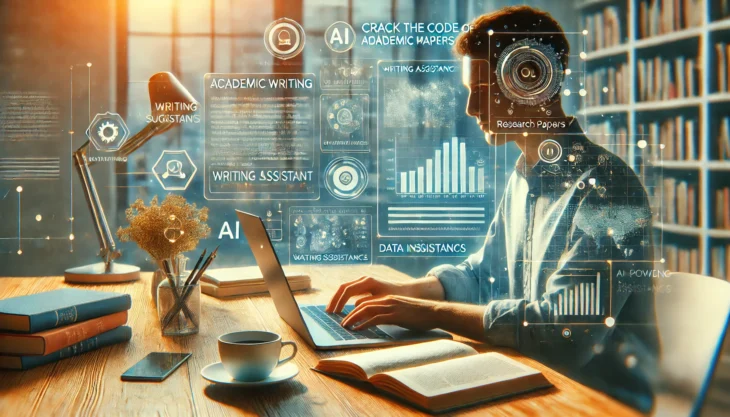Artificial intelligence (AI) is shaking up the global economy in ways we never imagined. From streamlining manufacturing to reshaping customer service, automation is taking over tasks once handled by humans. And if you look at the biggest breakthroughs in AI and machine learning, you’ll realize that automation is not slowing down any time soon.
But what does this mean for businesses, workers, and the broader economy? Is this a golden age of efficiency? Or are we stepping into an era of mass job displacement?
To find the answers, let’s dive into the economic impact of AI automation and what it means for the future.
AI and the Workforce: Job Creator or Job Destroyer?
One of the biggest concerns surrounding AI automation is its effect on jobs. The heated debate over AI jobs impact is far from settled.
On one side, AI is eliminating repetitive and routine jobs. Robots in factories, AI-powered customer support, and self-checkout systems are reducing the need for human intervention. According to research, industries such as manufacturing, retail, and logistics are seeing widespread AI adoption. It means that they are replacing thousands of jobs in the process.
But it’s not all bad news. AI is also creating new opportunities. The rise of AI-driven businesses has led to a surge in demand for AI specialists, software developers, data analysts, and cybersecurity experts. Jobs that require creativity, emotional intelligence, and complex problem-solving still remain largely unaffected. At least for now.
The Changing Landscape of Business
AI automation isn’t just impacting workers. It’s redefining entire industries too. Businesses that embrace AI gain a competitive edge. They are able to cut costs, improve efficiency, and enhance customer experience.
For instance, AI-powered analytics help companies make better decisions. And they speed up the decision-making process too. Chatbots and virtual assistants improve customer service without the need for human agents. Meanwhile, AI-driven marketing strategies personalize ads based on consumer behavior. Thus, increasing sales and engagement.
However, not every company benefits from automation. Small businesses often struggle to keep up with expensive AI technology. While larger corporations thrive on it. This growing divide raises questions about long-term business disruption and economic inequality.
Automation Trends & Preference: Where Are We Headed?
The world is moving toward automation at full speed overall. But, individually, not all industries are advancing at the same pace. Here are some industries where the impact is significant:
- Manufacturing: AI-driven robotics are now performing assembly-line tasks faster and with fewer errors than humans.
- Retail & E-commerce: Personalized shopping recommendations and cashier-less stores are becoming the norm.
- Finance & Banking: AI is revolutionizing fraud detection, credit scoring, and automated trading.
- Healthcare: AI assists in diagnosing diseases, developing treatment plans, and even expected to perform surgeries soon.
The preference for automation is growing. Especially in roles where speed, accuracy, and efficiency are paramount. However, there are still concerns about ethical AI use and data privacy besides the growing concerns around the societal impact of widespread job displacement.
The Economic Ripple Effect
As businesses shift towards automation, the economy changes along with it. AI boosts productivity, leading to lower costs and higher profits. In theory, this should translate to lower prices for consumers and a more robust economy.
However, job losses in certain sectors may result in increased unemployment, wage stagnation, and economic disparity. Governments and policymakers are now faced with the challenge of balancing automation benefits with workforce protection. Some proposed solutions include:
- Upskilling and Reskilling Programs: Teaching workers AI-related skills to prepare them for new job opportunities.
- Universal Basic Income (UBI): Providing a safety net for those displaced by AI automation.
- AI Regulation: Ensuring responsible AI development that prioritizes ethical considerations.
Everything is still up for debate. Only time will tell how governments around the world will solve this predicament.
What’s Next? A Future Powered by AI
The economic impact of AI automation is undeniable. And it’s good in some ways, bad in others. While AI brings efficiency, innovation, and new job opportunities, it also threatens traditional industries. Thus, raising concerns about job security.
And so, the future depends on how businesses, workers, and governments adapt to this transformation. Will AI automation usher in an era of prosperity? Or will it deepen economic inequalities? Only time will tell.
